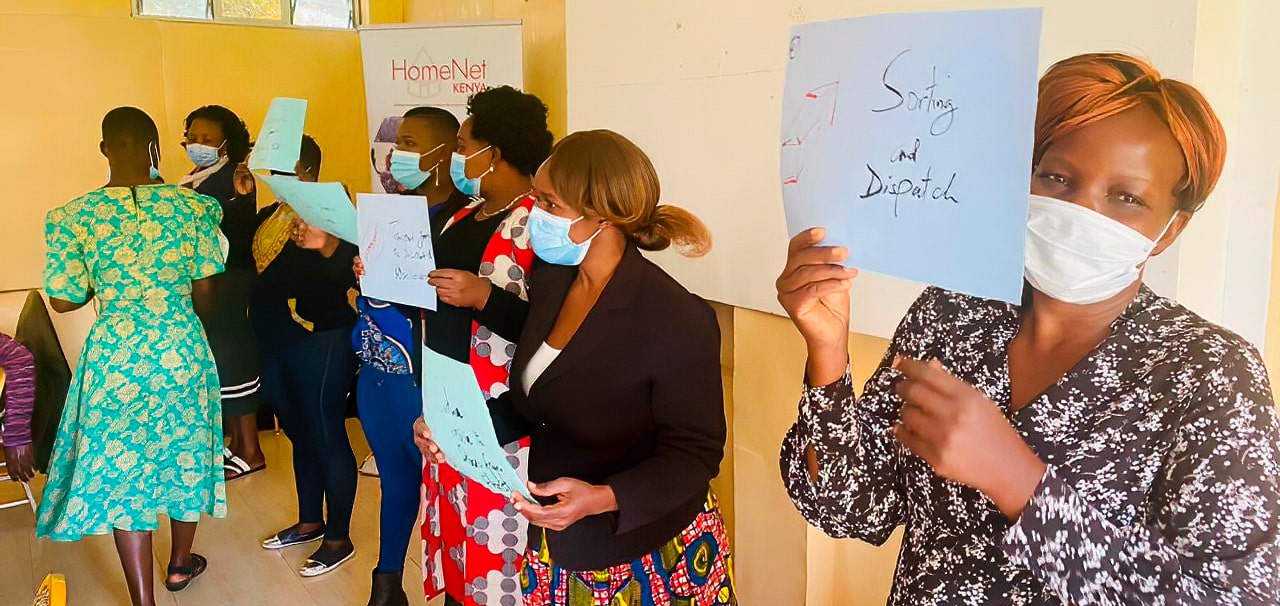By: Edwin Bett, HNI International Working Committee member
The 13-15th of July, 2021 saw the hosting of the Kenyan National Workshop on home-based workers and supply chains by HomeNet Kenya (HNK), The Kenya Federation for Alternative Trade (KEFAT) and Women In Employment Globalizing and Organizing (WIEGO). The activity was made possible through the Dfid WOW project managed by WIEGO in partnership with HomeNet South Asia (HNSA) and was facilitated by Edwin Bett (Coordination support towards building an Home-Based workers network in Africa) with Chris Bonner (HomeNet International/WIEGO) and Vanessa Pillay (WIEGO) assisting with facilitation through Zoom.
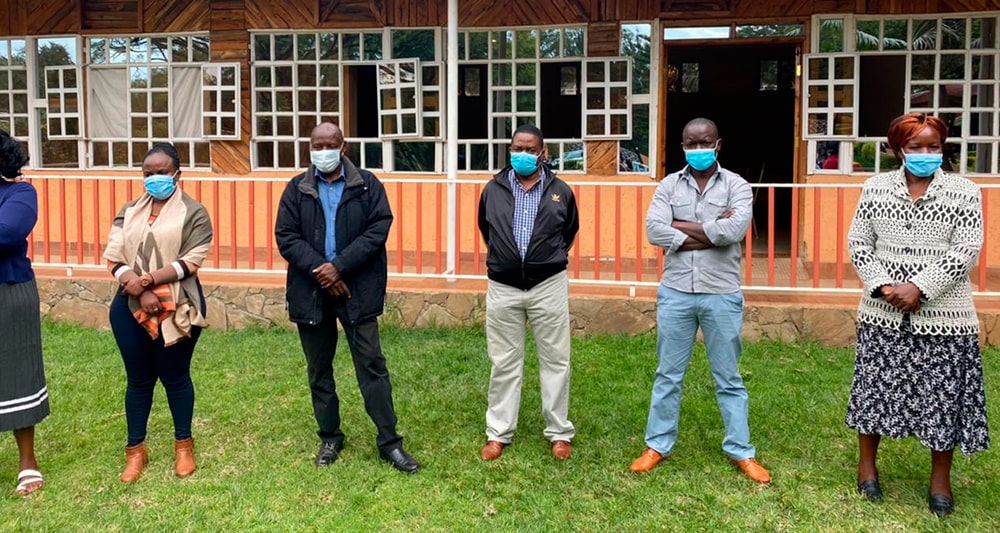
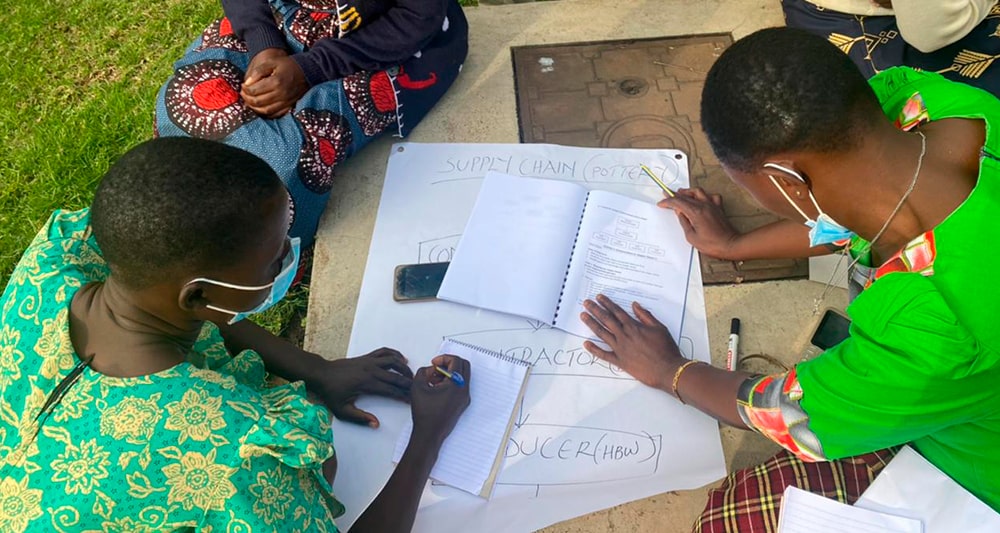
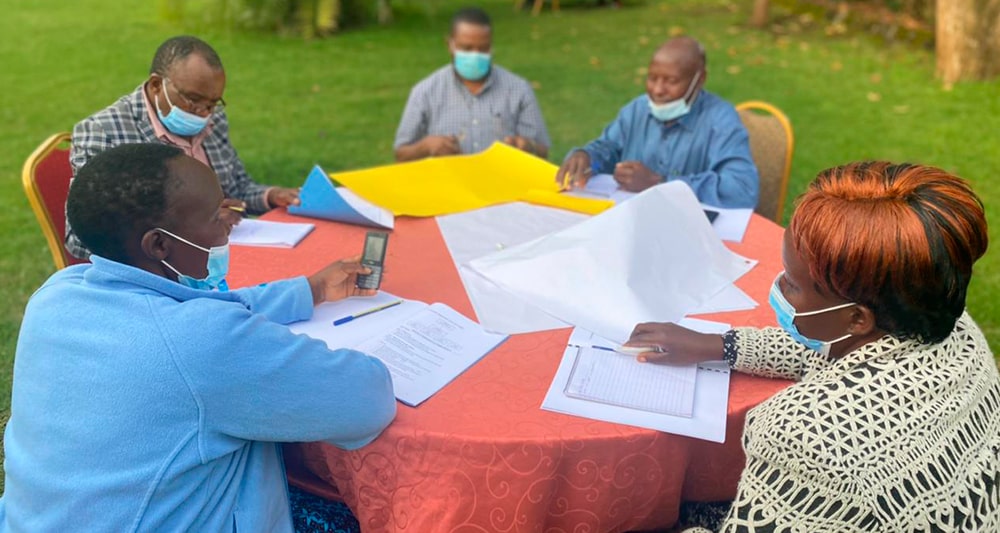
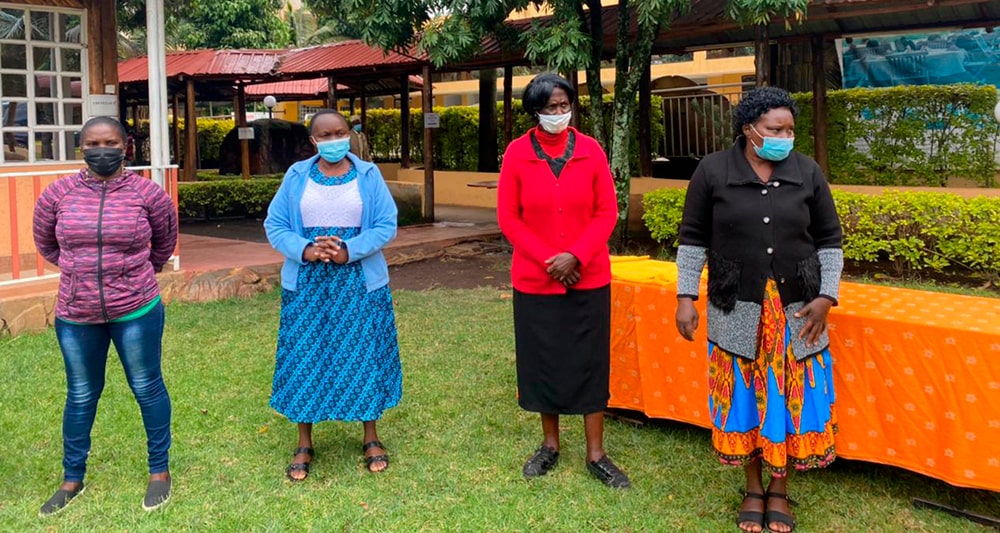
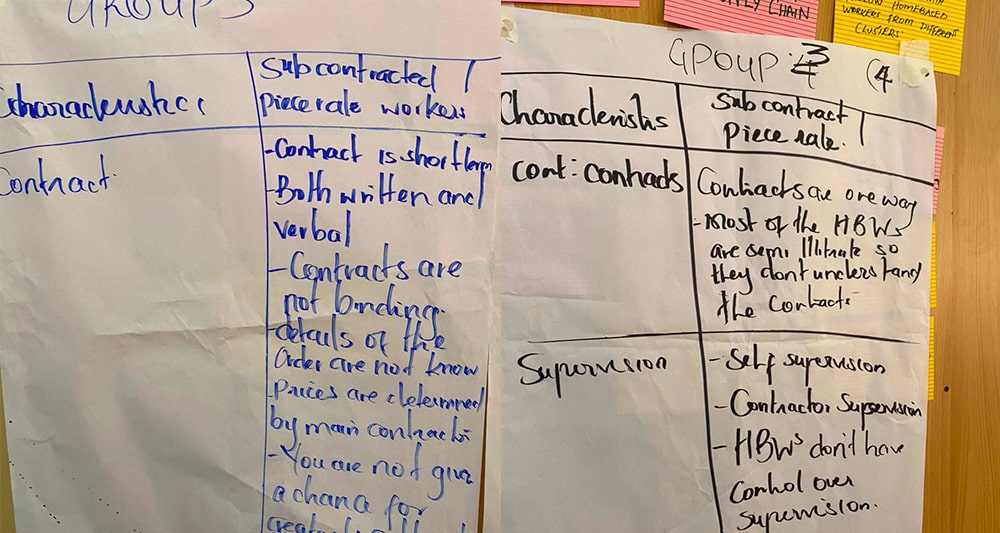
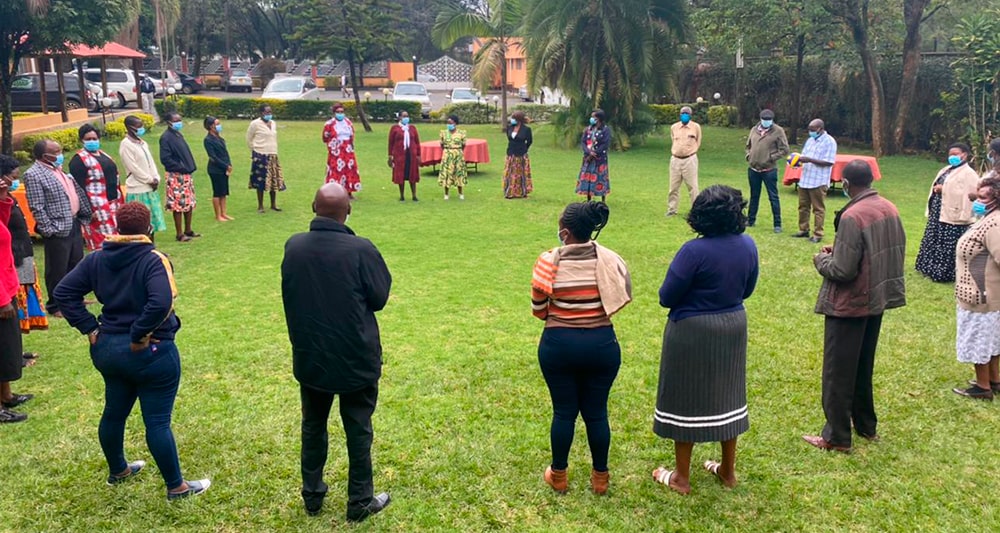
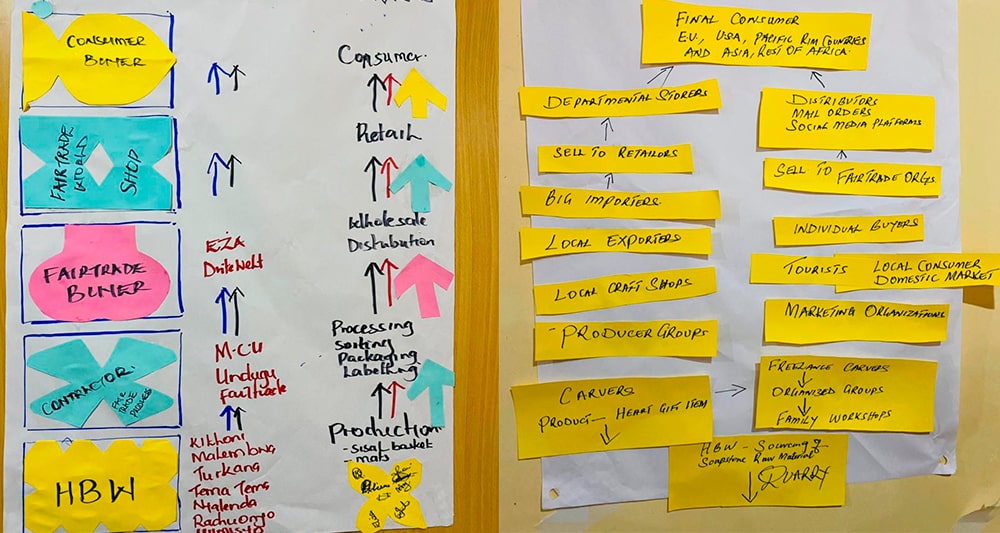
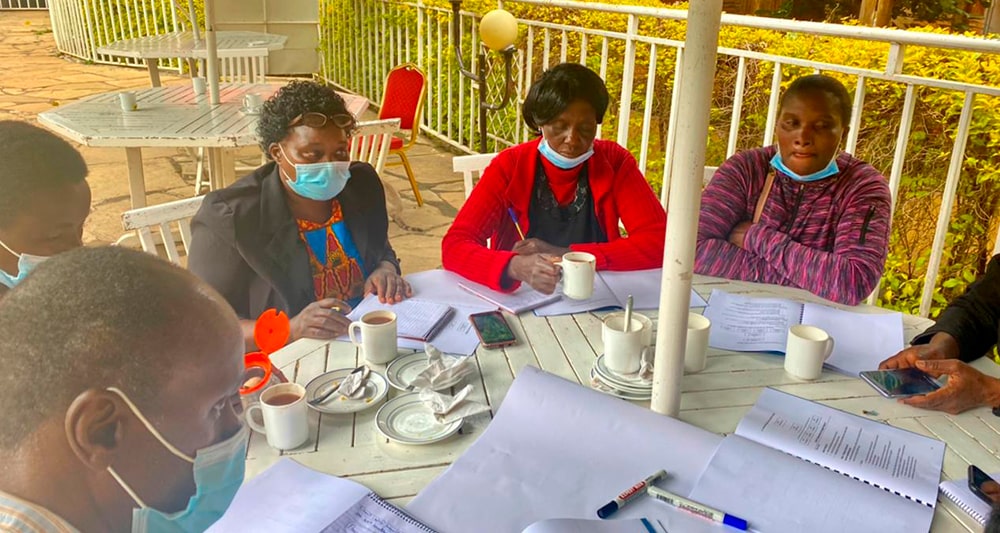
The training program and materials were based on the adaptation of the Activity Book; WORKING IN GARMENT SUPPLY CHAINS: A HOMEWORKER’S TOOLKIT SOUTH ASIA, Authored by (HNSA) with the following aims and objectives;
- Help the participants deepen their understanding on the different types of home-based work.
- Help the participants understand what a supply chain is, how to map it and where home-based workers fit in.
- Help the participants explore the difference between global and domestic supply chains.
- Help the participants clarify the different actors and roles in supply chains for which participants are producing.
- Help the participants identify challenges home-based workers are facing in supply chains before and during the pandemic.
- Help the participants begin to discuss how to organize better in order to overcome the challenges identified.
There were 36 participants from 8 area clusters in Kenya (Lodwar, Bungoma, Kisumu, Kisii, Nairobi, Machakos, North and South Rift) and from 24 individual producer groups, made up of 25 women and 11men participants. The topic areas covered included;
- The different types of home-based workers
- Global and domestic supply chains
- Understanding own products (A-Z)
- Mapping of own supply chains before and after covid-19
- Ideas for strengthening HBW organizations
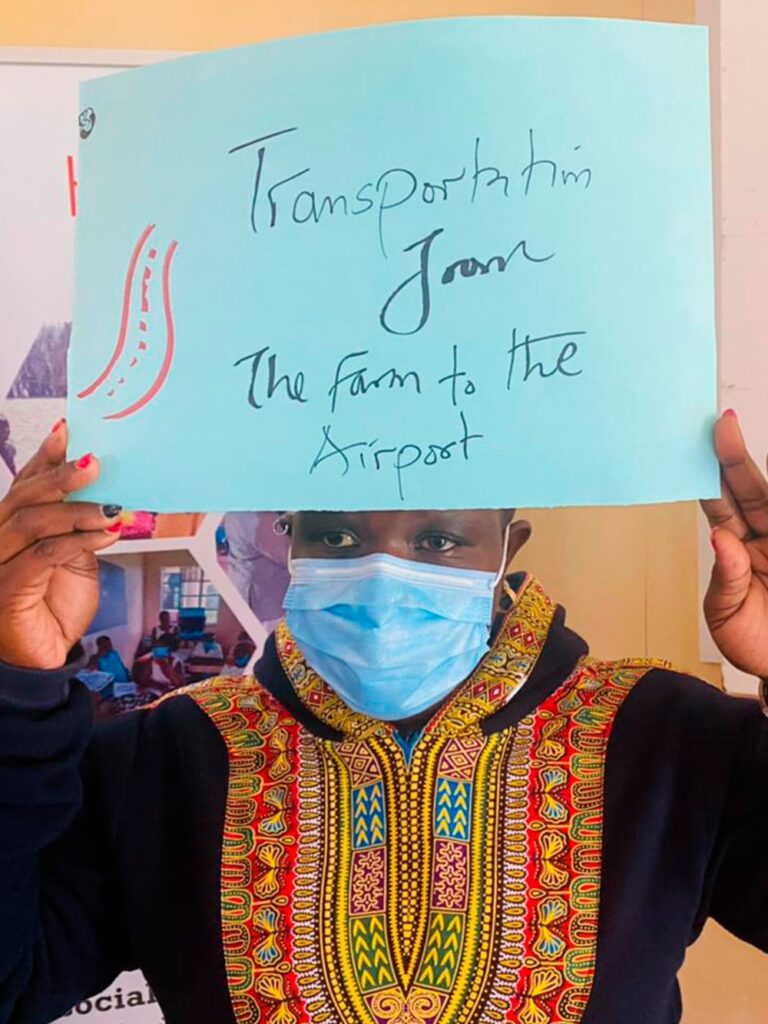
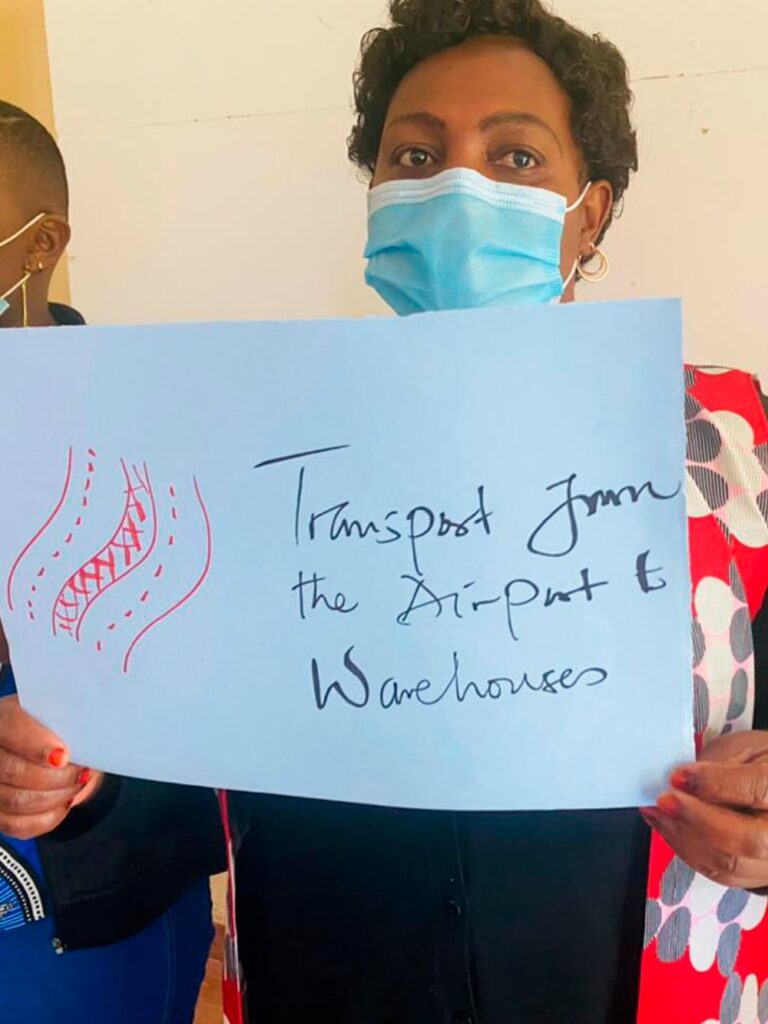
By the end of the workshop, the participants looked forward to the following;
- Hopeful that the pandemic shall be contained with government opening up the country for free movements again.
- That they need to think out of the box and look for other livelihood opportunities and adapt and look for new opportunities to take care of themselves.
- HBWs could focus at trading amongst themselves locally, look at product diversification, buy local and build local going forward.
- HBWs want their voices to heard for greater inclusion and job security.
- Expanding the membership of HNK.
- Have competent and visionary leaders elected democratically in line with the HNK constitution.
- Empower HBWs to improve their livelihoods and seek rights by influencing decisions and policies.
- Recruitment of more HNK members, build their capacities towards a strong network.
- Build strong relationships with government, media, donors, partners and buyers.
The workshop used the opportunity to hold a press conference as well as a national meeting (Special Annual General Meeting) to deliberate on activities and financials as well as confirm office bearers.
The press conference aimed at communicating the following;
- Defining what homebased work is and its different forms
- The partnership between HomeNet Kenya and the Micro and Small Enterprises Authority (MSEA), a state corporation under the Ministry of Industrialization, Trade and Enterprise Development.
- Homebased workers challenges under covid-19 and mitigation opportunities.
- Need for legislation on incorporating the homebased workers into the government support structures
The Special Annual General Meeting (SAGM)/National meeting deliberated on HNK activities as reported by the interim chairperson, the financial position as reported by the interim treasurer and thereafter confirmation/election of the national executive committee composed of the following;
- Chairperson and vice chairperson
- Secretary and vice secretary
- Treasurer
- Coopted members


